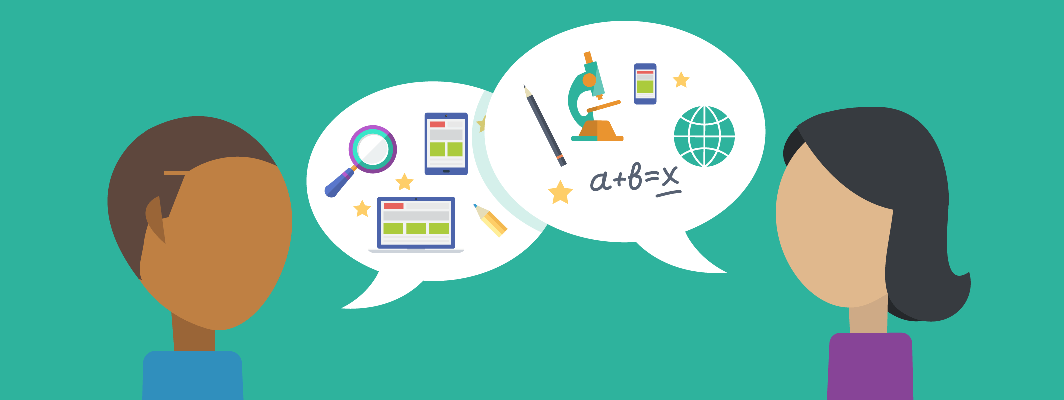
September 8, 2016 | By Digital Promise
The report highlights the work of Harvard Graduate School of Education researcher, Todd Rose, author of The End of Average: How We Succeed in a World That Values Sameness (2016). In what Rose describes as a “jagged profile,” there are a number of unique characteristics that guide our capacity to learn that cannot be described by a one-dimensional value like an IQ score or performance on a standardized test. Today’s educational system rarely, if ever, takes into account the neurobiologically-based learning differences we see more and more in a typical classroom.
The report goes further, citing the findings of some of the top authorities in cognitive science, including a 2016 study from leading literacy researchers Carol Connor of the University of California, Irvine, and Frederick Morrison of the University of Michigan that documents gains in pre-K-3 student performance when personalized instruction was tailored to the individual.
According to Connor, “Unless the field steps up to accelerate the translation of research on how children learn and how to better teach the full diversity of learners, and how to bring this to teachers effectively through personalized instruction, we risk the continued marginalization and underachievement of these children in the new technology-enabled world of learning.”
To address the need for a more individualized approach to learning, the report references the latest initiative from Digital Promise Global, calling for the development of “Learner Variability Project” that would map a student’s unique learning characteristics on a number of variables, guide learner agency, and provide tools for teachers and parents to support the diverse learning needs of all students in and out of the classroom.
To learn more, get your copy of the report.
By Elliott Barnes and Sara Mungall